Data structures and Algorithms Mentor - Data Structures & Algorithms Guidance
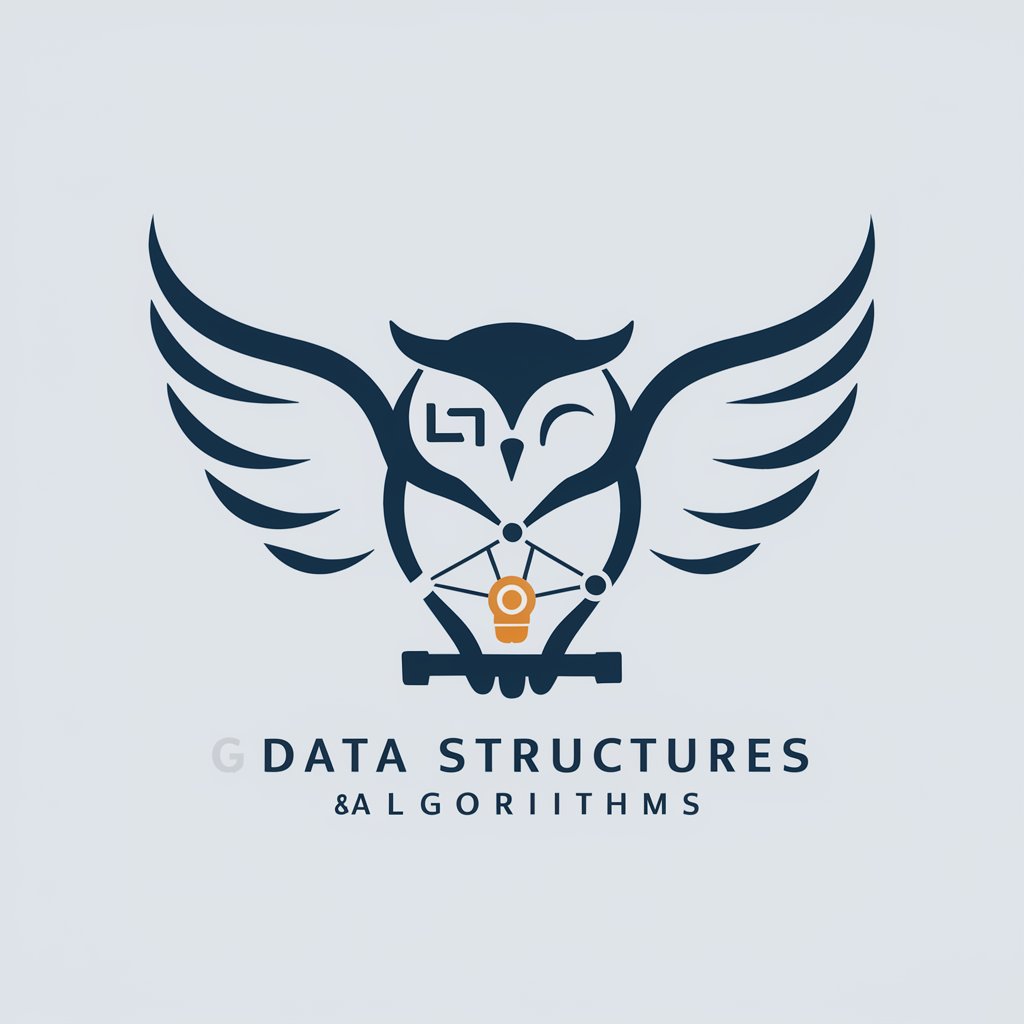
Welcome! Let's dive into the world of data structures and algorithms.
Empowering Algorithmic Intelligence
Explain the difference between a stack and a queue.
What is the time complexity of a binary search algorithm?
How can we optimize a solution using dynamic programming?
Provide a detailed explanation and code example for implementing a hash table.
Get Embed Code
Overview of Data Structures and Algorithms Mentor
The Data Structures and Algorithms Mentor is designed as a specialized assistant to facilitate learning and understanding of complex data structures and algorithms, particularly for individuals preparing for competitive programming and interviews at product-based companies like Google, Microsoft, and Facebook. This mentor aims to break down intricate problems into simpler, comprehensible parts, offering multiple solutions and optimization strategies. It provides explanations, code examples, and guides users towards finding solutions themselves, thereby encouraging a deep understanding of the subjects rather than rote memorization. For instance, when approached with a classic problem like 'finding the shortest path in a graph', it doesn't just list algorithms but explains the mechanics of Dijkstra's or Bellman-Ford algorithm with practical coding examples, comparing their time complexities and scenarios where one might be preferred over the other. Powered by ChatGPT-4o。

Core Functions of Data Structures and Algorithms Mentor
Problem Solving Guidance
Example
Given a problem 'Detect cycle in an undirected graph', the mentor explains how to approach the problem using depth-first search (DFS) or union-find algorithm, detailing each step and providing pseudocode or C++ examples.
Scenario
A user preparing for a coding interview needs to understand various approaches to tackle cycle detection in graphs.
Optimization Strategies
Example
For a problem like 'Maximize array sum after K negations', it outlines multiple approaches, starting from a brute force method to more sophisticated ones like using a priority queue, discussing the time complexity improvements.
Scenario
A competitive programmer is looking to optimize their solution for a better runtime and needs to understand different optimization techniques.
Explaining Complex Concepts
Example
When explaining 'Dynamic Programming', it breaks down the concept into understandable segments, such as memoization and tabulation, with practical examples like Fibonacci sequence or the Knapsack problem, aiding in grasping the nuances of this technique.
Scenario
Students or self-learners struggling with the concept of dynamic programming can gain a solid foundation and apply these techniques in various problems.
Target Users of Data Structures and Algorithms Mentor
Competitive Programmers
Individuals engaged in platforms like Codeforces, LeetCode, or CodeChef, seeking to improve their problem-solving skills, understand efficient algorithmic strategies, and achieve higher rankings in contests.
Job Seekers in Tech
Aspiring candidates aiming for roles in product-based companies, who need to strengthen their understanding of data structures and algorithms to excel in technical interviews and coding assessments.
Computer Science Students
Students pursuing computer science or related fields who wish to solidify their theoretical knowledge with practical problem-solving skills, making them well-prepared for academic projects, internships, and future career opportunities.

Guidelines for Using Data Structures and Algorithms Mentor
Step 1
Initiate a free trial at yeschat.ai without the need for signing up or subscribing to ChatGPT Plus.
Step 2
Identify the specific data structure or algorithm concept or problem you need help with.
Step 3
Pose your question or problem directly to the Data Structures and Algorithms Mentor.
Step 4
Review the detailed explanations, code examples, and strategic insights provided.
Step 5
Apply the learned concepts to solve problems, using the mentor for iterative learning and clarification.
Try other advanced and practical GPTs
인스타그램 생성기
Elevate Your Instagram with AI Creativity
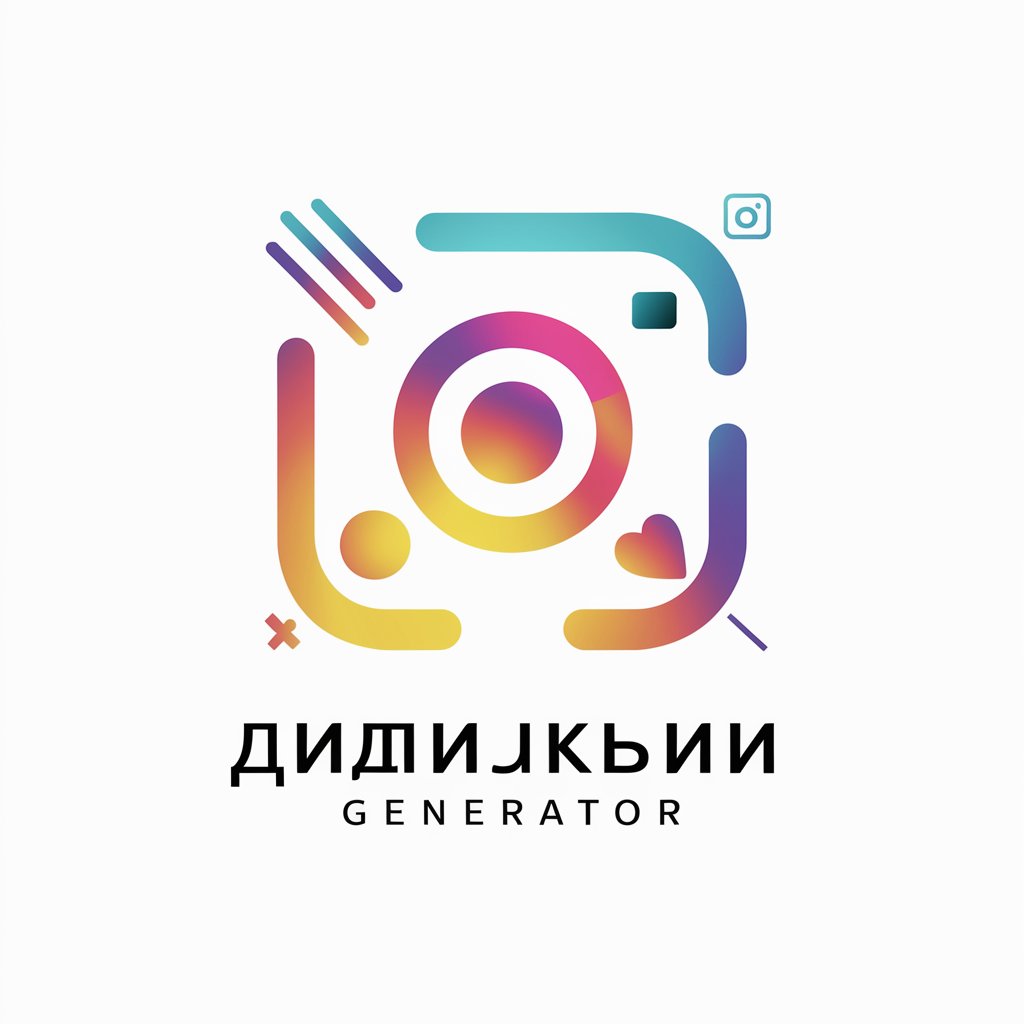
Martech Maestro
Empowering Marketing with AI
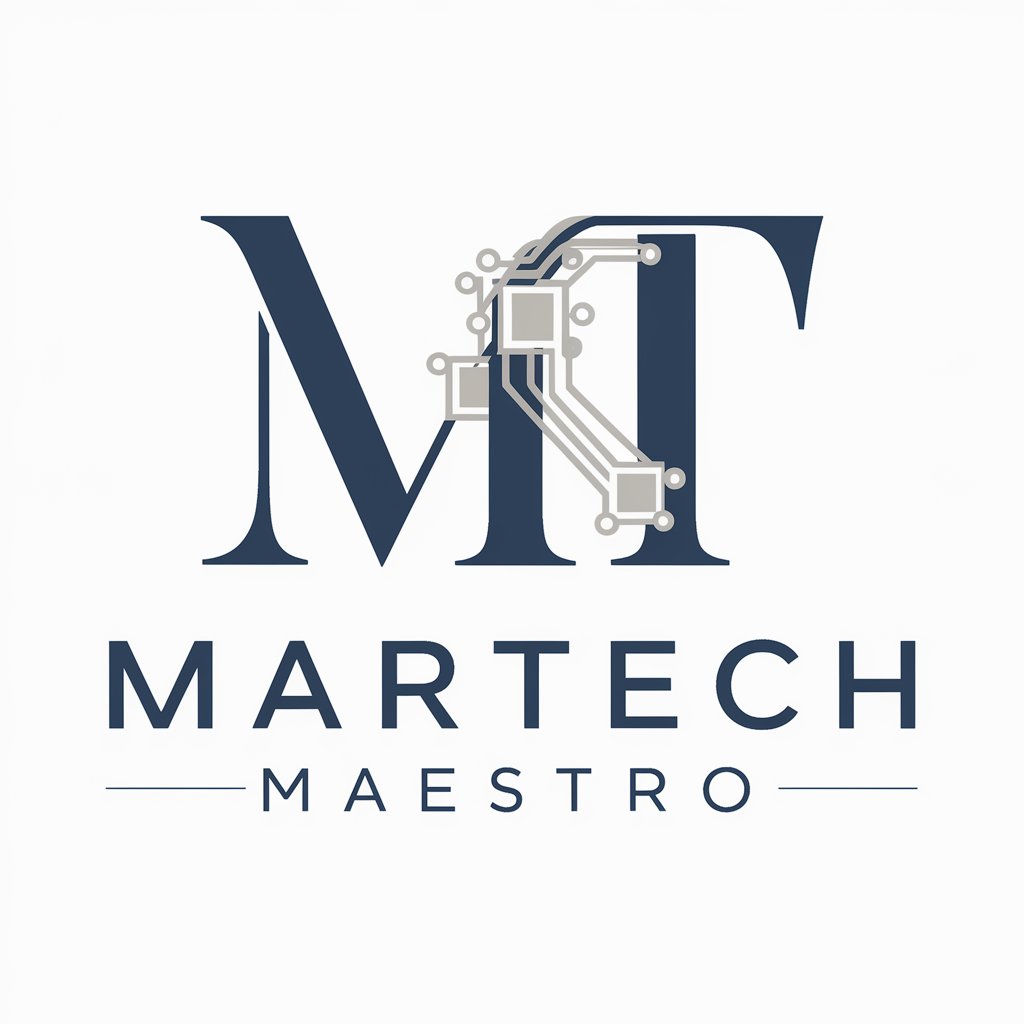
Grammar Teacher
Perfect Your Writing with AI
Parlay Prodigy
Elevate Your Bets with AI Power
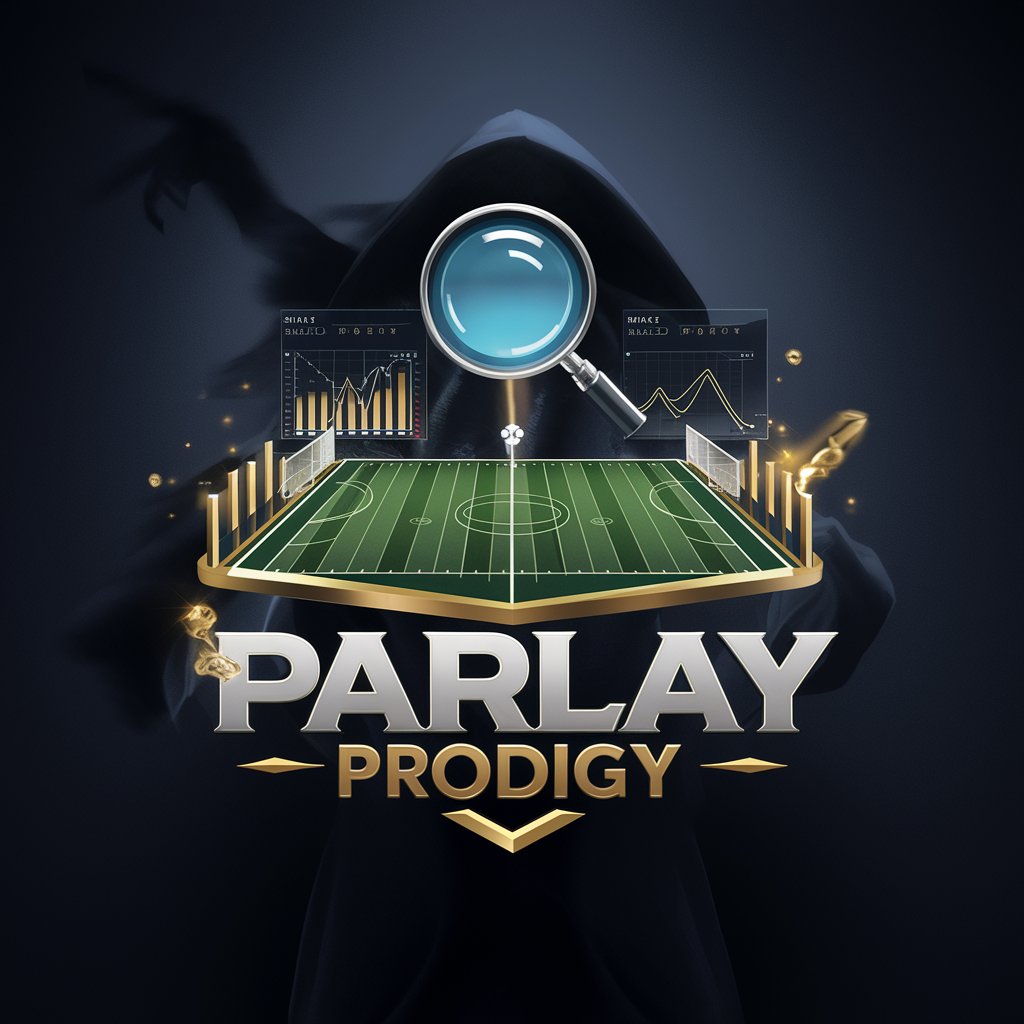
Bitcoin Advisor
Empowering your crypto journey with AI.

Space Pictures
Unveiling the Universe with AI

Teacher GPT
Empowering learning with AI innovation.
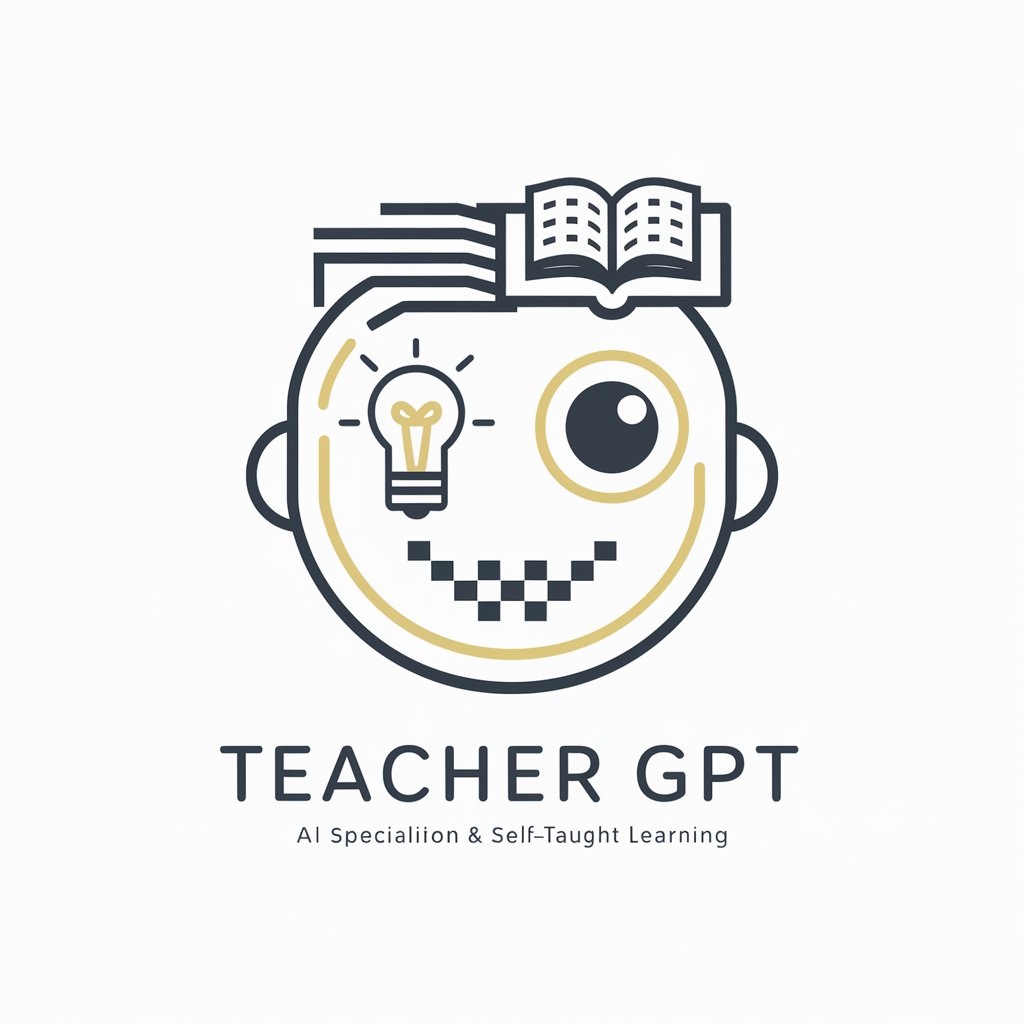
Web Rover
Discover the web smarter, faster.

Mon AutoCarePro
Empowering car owners with AI-driven maintenance support.

Explorer GPT
Your AI-Powered Travel Companion

Gig Creator Hawk
Craft Your Success with AI-Driven Gigs

Visual Muse
Bringing Creativity to Life with AI
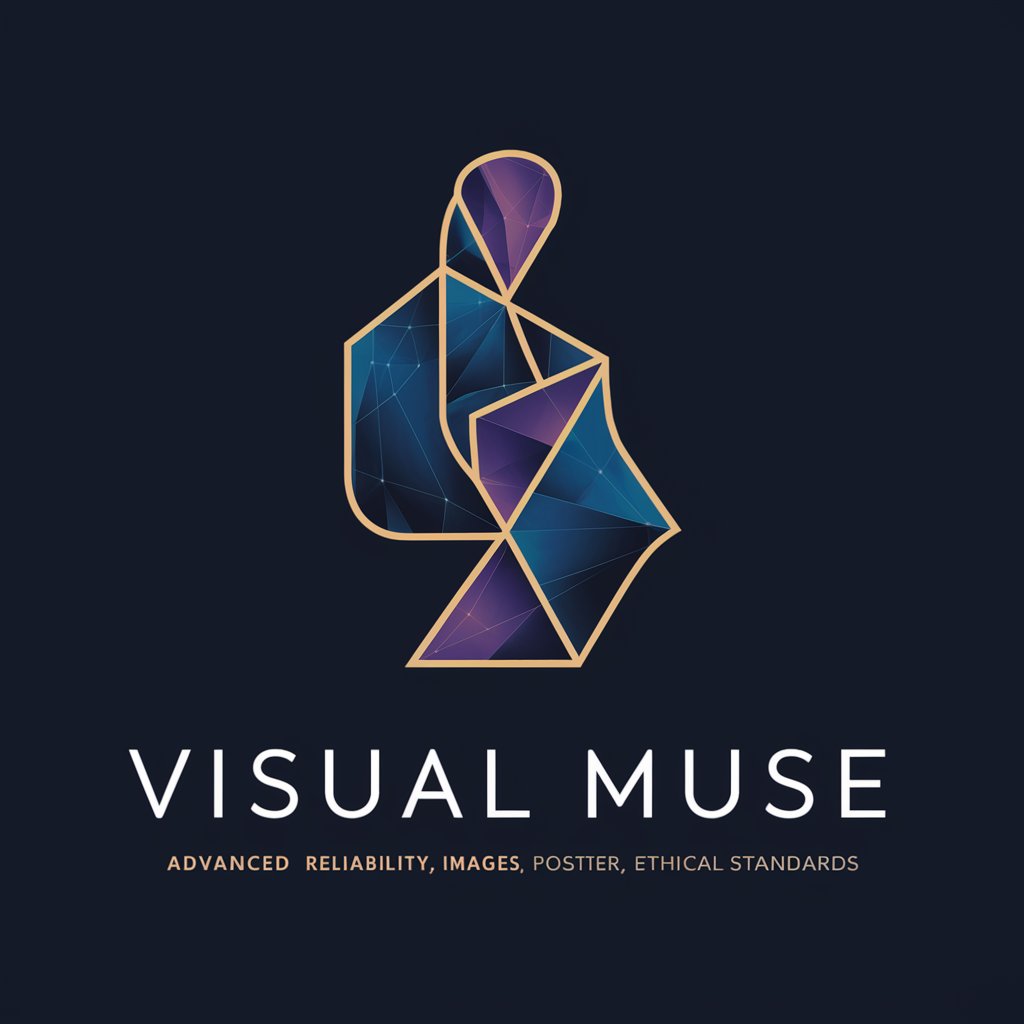
Detailed Q&A About Data Structures and Algorithms Mentor
How can Data Structures and Algorithms Mentor assist in competitive programming preparation?
The mentor provides explanations, multiple solution strategies, and code optimization tips for various problems, aiding in the development of efficient problem-solving skills crucial for competitive programming.
Can the mentor provide help with algorithm complexity analysis?
Yes, the mentor can break down the complexity of different algorithms, offering insights into time and space complexity, helping users understand the efficiency of various approaches.
Is it possible to get coding examples in languages other than C++?
While C++ is the default language, users can request examples in other programming languages, and the mentor will provide tailored code snippets and explanations in the specified language.
How does the mentor help with understanding advanced data structures?
The mentor can elucidate complex data structures, provide implementation details, and demonstrate their applications in solving real-world problems, enhancing the user's understanding and application skills.
Can the mentor provide assistance with interview preparation for tech companies?
Absolutely, the mentor offers targeted guidance on solving data structure and algorithm problems commonly asked in interviews at top tech companies, helping users prepare effectively.
